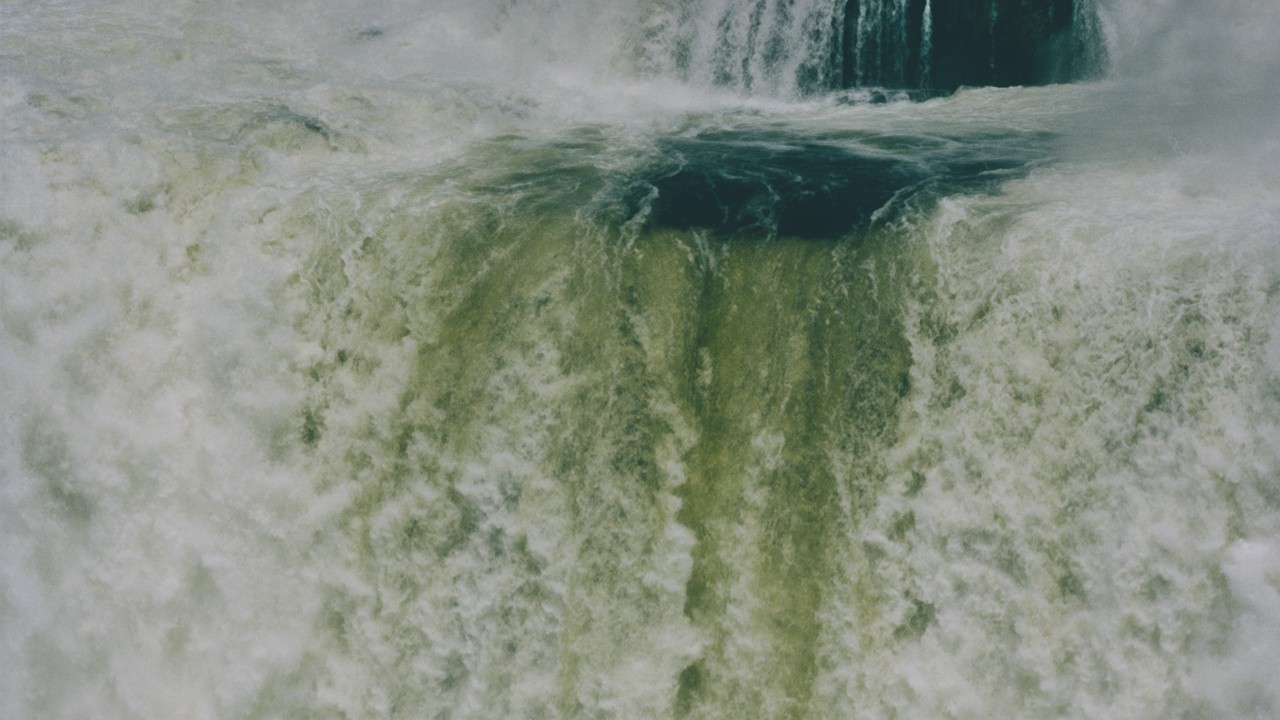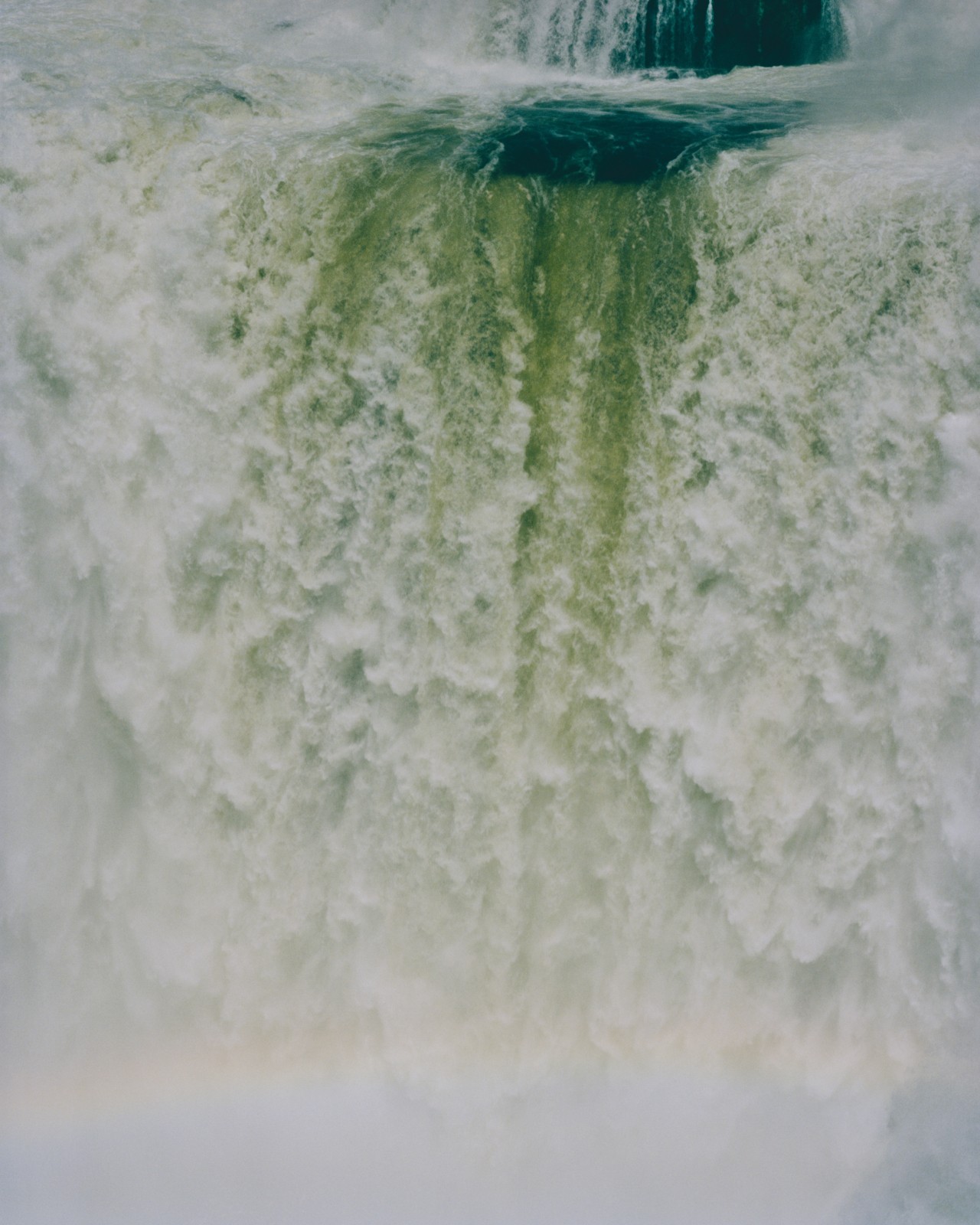

Photograph by Alecio Ferrari / Connected Archives
Words by Ecleen Luzmila Caraballo
Composers, musicians, and artists have long drawn upon the beauty and majesty of the natural world to create scores of unparalleled depth. They have, time and again, mimicked the sounds and rhythms of the Earth with little formal recognition of the planet’s influence on or contribution to their work.
That is, until today. Sounds Right is a new initiative by the Museum for the United Nations – UN Live, Earthrise, Earth Percent, and Spotify that officially recognizes Nature as an artist—with an expansive story to tell and checks to cash—on all major streaming services. As part of the initiative, musicians such as Brian Eno, Louis VI, UMI, Bomba Estéreo, Ellie Goulding, MØ, and London Grammar have released new music Feat. Nature and her vast range of ecosystems all over the world.
Not only does this initiative now allow for proper accreditation, it allocates proper funds for nature, too. Music has long been recognized as a powerful tool for raising awareness and inspiring action on environmental issues. With Sounds Right, it takes on a new role as a catalyst for conservation efforts and the preservation of planetary health. As Nature’s audience grows by the stream, an Expert Advisory Panel appointed by the United Nations, which includes Indigenous peoples as well as conservation scientists and practitioners, will determine how funds are split; projects in ecosystems with the highest levels of biodiversity and endemism will get first priority. As it currently stands, at least 50% of royalties from tracks that feature Nature will be donated to nature conservation, and at least 70% of the recording royalties from ambient ecosystem tracks will be donated to preservation efforts.
“Sound has this unbelievably powerful direct connection to the human psyche.”
The goal of Sounds Right is “to spark a global conversation about how nature can and should be valued in our society and in our economical model,” said Gabriel Smales, global programme director at Sounds Right at the Museum for the United Nations – UN Live. “More often than not we have a purely extractive relationship with the environment, either treating it as a resource to be optimally exploited or even a waste sink to dump our rubbish or pollutants. [Now] we have this wonderful opportunity to have a reciprocal relationship with nature, and for this initiative to be exemplary of a non-extractive relationship, and at least start that conversation in a meaningful way.” The initiative, according to Smales, has been in the works for nearly five years, and there’s still much more to come in terms of releases, including not-yet announced drops that coincide with a global music festival, and another with a big environmental event later this year.
In addition to raising much-needed funds for urgent conservation projects, Sounds Right fosters a deeper connection between listeners and the natural world. On “Orange Skies,” one of the 15 tracks in this initial collection, which is by Louis VI and features Nature as well as Mick Jenkins and Jelani Blackman, we hear realistic storytelling by way of the crackle and pop of fire, cries of cicadas, an orangutan nightjar, frog mouths, and more. Honesty is also prevalent in the lyrics: “Losing trees we won’t notice ‘til there is no tissue,” Jenkins raps just before we hear the core-shaking sounds of deforestation.
“I think we as humans are really sonically charged and I think that’s something to really be played with within this song,” Louis VI told Atmos. “So I was like, ‘let’s make it beautiful at first and then make you feel quite uncomfortable.’” Louis VI is a zoologist based in North London who is best known for his smooth rapping abilities. Merging those two passions so intentionally was something he never really dreamed of, but now finds to be quite fitting; and the timing—following the release of his second album Earthling in 2023—feels destined.
“Sound has this unbelievably powerful direct connection to the human psyche; for me, music deals with emotions and feelings more than any other art form,” Louis VI said with a smile. “And that’s not to knock any other art form.”
We hear realistic storytelling by way of the crackle and pop of fire, cries of cicadas, an orangutan nightjar, frog mouths, and more.
Incorporating natural elements into music allows composers to imbue their works with a sense of place and atmosphere, transporting listeners to lush forests or rugged mountain ranges. It’s also a call to action—even when nothing is being said. “Actual silence is terrifying,” Louis VI said. “And we are running the risk of existing in a world of actual silence.”
For now, through the use of evocative melodies, harmonic progressions, and dynamic contrasts, artists like Louis VI will continue to create immersive musical landscapes that resonate deeply with audiences, and serve what is widely considered the most important cause of our lifetime. Whether it be the delicate strains of a symphony echoing the gentle rustle of leaves in a forest or the grand crescendo of an orchestral piece mirroring the awe-inspiring spectacle of a storm, music has the ability to capture the essence of nature in all its glory—and humanity in all of its fallacies.
Throughout Sound Right’s 15 tracks, the vocals of artists like AURORA and David Bowie can be heard alongside a tapestry of nature’s sounds. On the remix of “wherever u r” by UMI and V of BTS, we hear subtle additions to the outro, including chirps and waves, that add to the already airy, lush production as the musicians explore themes of connection and yearning. Meanwhile, Blinky Bill’s reimagination of 2018’s “Oh Wah” is an enthralling, energetic concoction of electronic and ecosystem-provided rhythms that feels alive. “I hope in our lifetime we get some peace/Peace in Africa and the Middle East/What does it take to be the ones we need?” he asks at the tailend of his minimal lyricism. In tracks like these and handfuls of others, tender calls to action are woven into songs for the listener and the industry at large.
The goal of Sounds Right has always been for the participating artists to produce their best work, and avoid forceful integration. The stakes couldn’t be higher: every song played adds necessary funding to urgent conservation work at a time of declining wildlife populations and growing warnings of another period of mass extinction. “At the end of the day, this music has to be good,” Louis VI said. “Otherwise, no one’s gonna listen to it.”
Listen to the Spotify playlist featuring Nature here
The Latest Artist To Join Spotify? Mother Nature